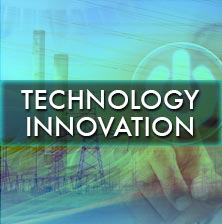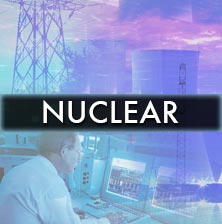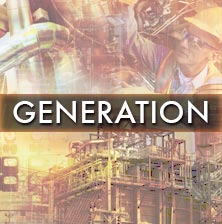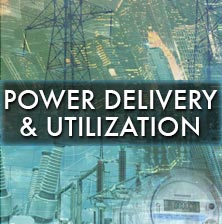The following is a small selection of items recently published by EPRI. To view complete lists of your company-funded research reports, updates, software, training announcements, and other program deliverables, log in at www.epri.com and go to Program Cockpits.

This study investigates the conditions under which nuclear power could play a role in future markets, using EPRI’s U.S. Regional Economy, Greenhouse Gas, and Energy (US-REGEN) model.

Drawing on input from utilities, vendors, and technology developers, this report examines what utilities and other potential nuclear plant owner-operators want and need with respect to advanced reactor technologies. It provides guidance in numerous areas, including cyber security, licensing and safety analysis, design, construction, operation, and technologies.

Chemical cleaning of boilers and heat recovery steam generators is intended to remove deposits that can lead to corrosion and overheating. As a result of changes in environmental regulations, more plants need an alternative method for managing the waste from these cleanings. This report presents lab test results for a vapor recompression thermal evaporation process used on a tetra-ammonium ethylene di-amine tetra-acetic acid (EDTA) waste solvent from a conventional fossil boiler cleaning.

EPRI and the Institut de recherche d’Hydro-Québec (IREQ) evaluated two important applications of distribution system analytics—energy theft and meter connectivity—using real system data. Researchers collected and stored the data in a repository as a test bed for data mining and algorithm development.

This report presents methods for improving ramp rate operations and controls in steam generating power plants, drawing on engineering reviews and operational testing.

EPRI is working with utilities on more than two dozen pilot projects globally to investigate the best ways to integrate new technologies, renewable energy, and advanced communication into the grid. This annual report discusses insights, accomplishments, challenges, and gaps.

This report contains the third installment of chapters for a reference book on the state-of-the-art for conventional and advanced distribution planning techniques.

Operators of pressurized water nuclear reactors use hydrazine for oxygen control in the secondary water system. For decades, they have sought a substitute that is as effective as hydrazine while less toxic. This report examines available information on hydrazine alternatives, toxicity, chemical properties, and plant trials.

This research examines how distribution system architectures and applications impact requirements for communication networks.

High-energy piping failures associated with conventional boilers and heat recovery steam generators are a significant concern for power plant operators. This handbook provides guidance for detecting evidence of damage mechanisms in cold reheat piping. It identifies actions that can be taken before, during, and after a shutdown.

Converted from EPRI’s original PC version, this mobile app can be used to estimate the extent of flicker at different points in a system and evaluate impacts of transformer size, load, and other factors.

Blockchain is a potentially disruptive technology impacting how business transactions are conducted, including those used by the utility industry and its trading partners. This white paper examines the characteristics of blockchain, where it is used today, potential applications in the utility industry, and the technology’s challenges and limitations.